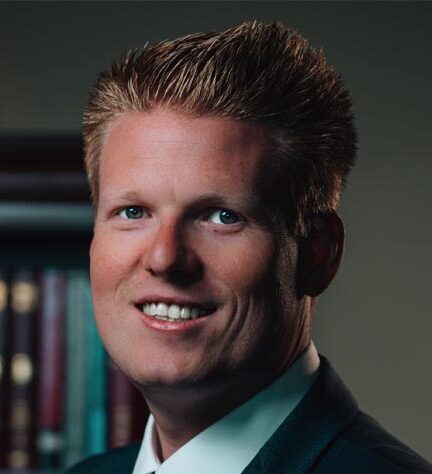Protection for the individual citizen against State Power was a core consideration of the Founding Fathers. Many people don’t realize it, but half the amendments of the Bill of Rights focus on protections for criminal defendants—it’s like a miniature code of criminal procedure.
The 5th Amendment covers a great deal, including Due Process and Double Jeopardy, but we would like to focus briefly on its most famous portion, that no person “shall be compelled in any criminal case to be a witness against himself.” This has been popularized as the “right to remain silent”.
The pinnacle of 5th Amendment protections is the inability of courts to force a defendant to testify at his or her own trial. However, this protection operates at every step of the process, beginning at first contact with law enforcement. Indeed, the 5th Amendment is most important at the early stages of a case, as what happens in the beginning will influence the outcome.
For example, many additional constitutional protections depend upon declining to speak with law enforcement. The 4th Amendment protection against unreasonable search and seizures may be waived if, in speaking with police, your words and actions are understood as permission to search your car or enter your home. The 6th Amendment guarantee to counsel may be waived during question just by speaking with the police.
Waiving these protections will limit the tools available to your attorney in your defense. And yet, people often feel that speaking with law enforcement will somehow protect them or strengthen their case. Nothing could be further from the truth. If police are questioning you, chances are they suspect you; and if the suspect you, just like all people, they want to confirm their suspicions. They are not speaking with you to learn your truth, but to collect evidence in support of their own.
Courts have been very clear that law enforcement may employ deception when questioning suspects (US Supreme Court in Frazier v. Cupp (1969); Florida Second District Court of Appeal in Florida v. Cayward (1989). Accordingly, it is never safe to assume that law enforcement is speaking with you in good faith.
Should law enforcement for whatever reason suddenly take an interest in you, politely decline to answer their questions and at the first opportunity call Boatman Ricci at 239-330-1494.
* * * * * * * * * *
THIS BLOG IS INTENDED FOR GENERAL INFORMATION PURPOSES ONLY. IT DOES NOT CONSTITUTE LEGAL ADVICE. THE READER SHOULD CONSULT WITH KNOWLEDGEABLE LEGAL COUNSEL TO DETERMINE HOW APPLICABLE LAWS APPLY TO SPECIFIC FACTS AND SITUATIONS. BLOG POSTS ARE BASED ON THE MOST CURRENT INFORMATION AT THE TIME THEY ARE WRITTEN. SINCE IT IS POSSIBLE THAT THE LAWS OR OTHER CIRCUMSTANCES MAY HAVE CHANGED SINCE PUBLICATION, PLEASE CALL US TO DISCUSS ANY ACTION YOU MAY BE CONSIDERING AS A RESULT OF READING THIS BLOG.
#BoatmanRicci #Lawyers #LawEnforcement #FifthAmendment #BillofRights


